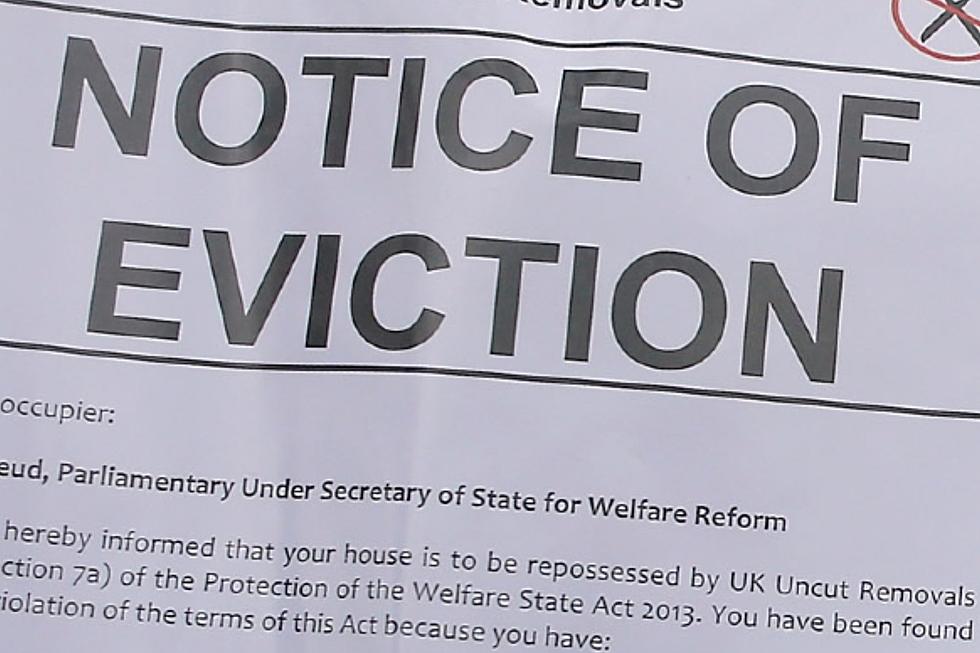
NJ approves plan to stop tsunami of rental evictions — and help landlords
A plan has been approved by New Jersey lawmakers to address the state’s tenant-landlord housing crisis brought on by the COVID pandemic.
After the health emergency was declared in March 2020, more than a million New Jersey residents became unemployed and Gov. Phil Murphy issued an executive order forbidding landlords to evict tenants for non-payment of rent.
But with the health emergency sent to expire early next month members of the Assembly and State Senate have approved legislation, A5685 and S3691, that would wind down the eviction moratorium while protecting tenants, and offering both tenants and small landlords hundreds of millions of dollars in financial assistance.
The legislation that’s been approved protects low, moderate and middle-income households from being evicted because of nonpayment or late payment of rent until the end of August 2021. For some tenants, eviction protection would last until the end of this year.
David Brogan, the executive director of the New Jersey apartment association said the legislation stipulates the amount of rent due to a landlord during the covered period would be considered civil debt and could be pursued as a money judgment in court.
“And what that means is that debt cannot be the basis for an eviction,” he said. “So that in and of itself should stop the potential eviction tsunami that I think everyone was concerned about.”
He said the legislation also provides additional funding for rental assistance, which means in total “you’re talking $1.1 billion to help tenants get back on their feet, ideally as the rental assistance rolls out they will be able to get back to normalcy.”
Staci Berger, president and CEO of the Housing and Community Development Network of New Jersey, said the legislation represents a fair and balanced compromise.
“It’s a thoughtful and well thought out approach to winding down the eviction moratorium and making sure tenants and small landlords have the resources they need to get through the end of the pandemic," she said.
She said eviction is a huge threat and disproportionately impacts minority families.
The legislation requires that payments made by a tenant after the covered period ends would be credited first to the current month’s rental obligation, and then any balance would be credited to any arrearage owed by the tenant.
The legislation approved by lawmakers directs the Administrative Director of the Courts to provide information on tenant protections, rental assistance programs, and the necessary income and COVID-19 impact attestations to obtain assistance to any residential tenant who is party to a landlord tenant dispute for nonpayment of rent.
A companion measure also approved, A5905, establishes the Rental Assistance Navigation Program in the Department of Community Affairs.
It will prevent residential evictions due to nonpayment and habitual late payment of rent during the pandemic.
If a residential tenant has missed one or more rent payments during the COVID crisis the bill will allow that tenant or their landlord to apply for rental assistance through the program.
You can contact reporter David Matthau at David.Matthau@townsquaremedia.com
9 reasons to not vote for Phil Murphy
KEEP LOOKING: See what 50 company logos looked like then and now
More From New Jersey 101.5 FM









